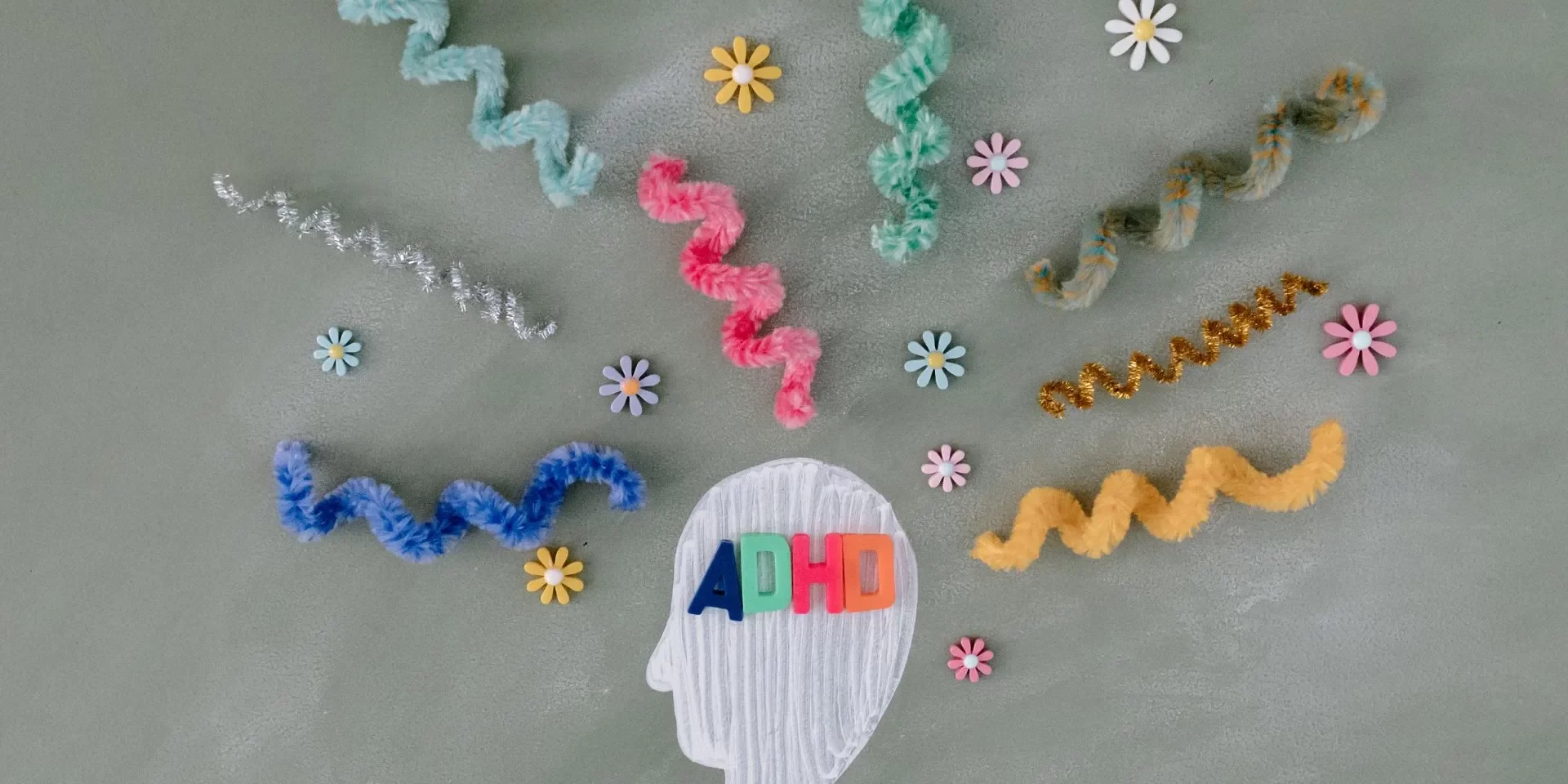Saffron: a natural and effective remedy for treating ADHD in children and adolescents, according to a clinical study
Attention Deficit Hyperactivity Disorder (ADHD) is a common condition, especially among children and adolescents. Its characteristic symptoms include hyperactivity, inattention, and impulsivity, often treated with psychostimulant drugs and other therapies. However, many patients hesitate to use synthetic medications for ADHD treatment, leading to the exploration of alternatives such as herbal therapy.
One of the natural remedies that has sparked interest is saffron (Crocus sativus, family Iridaceae), known for its anti-inflammatory and antioxidant properties. It has traditionally been used to treat conditions such as rheumatoid arthritis, inflammatory bowel diseases, and degenerative disorders.
Recent research has suggested that saffron may have positive effects on lipid profiles, blood pressure regulation, and central nervous system protection. It has been shown to stimulate the secretion of important neurotransmitters such as dopamine, serotonin, and noradrenaline.
Furthermore, three clinical studies have reported positive results regarding the efficacy of saffron in ADHD treatment when combined with methylphenidate, a drug belonging to the class of psychostimulants.
This latest study was conducted in Spain at the child and adolescent mental health services of Puerta de Hierro University Hospital. The research involved 70 subjects aged 7 years or older diagnosed with ADHD according to the Diagnostic and Statistical Manual 5.
Participants had not received pharmacological treatments for ADHD or had only received them within the previous 6 months.
The patients were divided into two groups: the first group received psychoeducation and extended-release methylphenidate, while the second group received psychoeducation and a saffron-based preparation. The study duration was three months.
Validated questionnaires were mentioned to assess various subjective functions, and the Behavioral Rating Inventory of Executive Function-second edition (BRIEF-2) was used to evaluate executive functions.
Sleep quality was measured using the Sleep Disturbance Scale for Children (SDSC), while impulsivity and sustained attention were assessed with Conner’s Performance Test, version 3.
During the study period, some participants in both treatment groups experienced mild side effects, and some dropped out before the conclusion.
The results showed significant improvements in the primary symptoms of ADHD and executive functions in both treatment groups. However, the saffron-treated group demonstrated greater improvements in sustained attention, while the methylphenidate-treated group showed greater improvements in impulsivity control.
The saffron group showed improvement in sleep onset time but without statistical significance compared to the methylphenidate group.
The authors of the article concluded that saffron is an effective and safe treatment for ADHD in children and adolescents, particularly effective in treating hyperactivity.
However, it is essential to note that the study has significant limitations, such as the absence of randomization and blinding. These factors could affect the validity of the results and highlight the need for further research to confirm saffron’s efficacy in ADHD treatment.
If your company wants to develop and/or make a saffron product in the treatment of ADHD
Source: Blasco-Fontecilla H, Moyano-Ramírez E, Méndez-González O, Rodrigo-Yanguas M, Martin-Moratinos M, Bella-Fernández M. Effectivity of Saffron Extract (Saffr’Activ) on Treatment for Children and Adolescents with Attention Deficit/Hyperactivity Disorder (ADHD): A Clinical Effectivity Study. Nutrients. 2022 Sep 28;14(19):4046. doi: 10.3390/nu14194046. PMID: 36235697; PMCID: PMC9573091.






